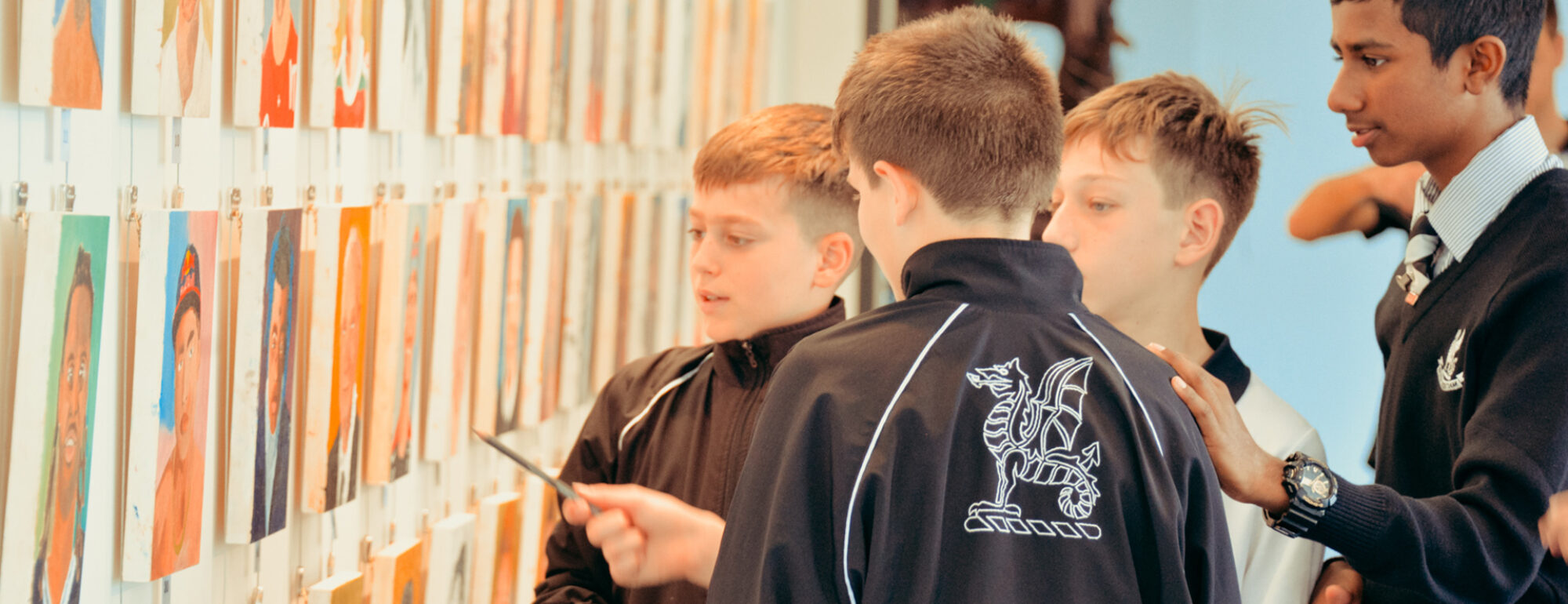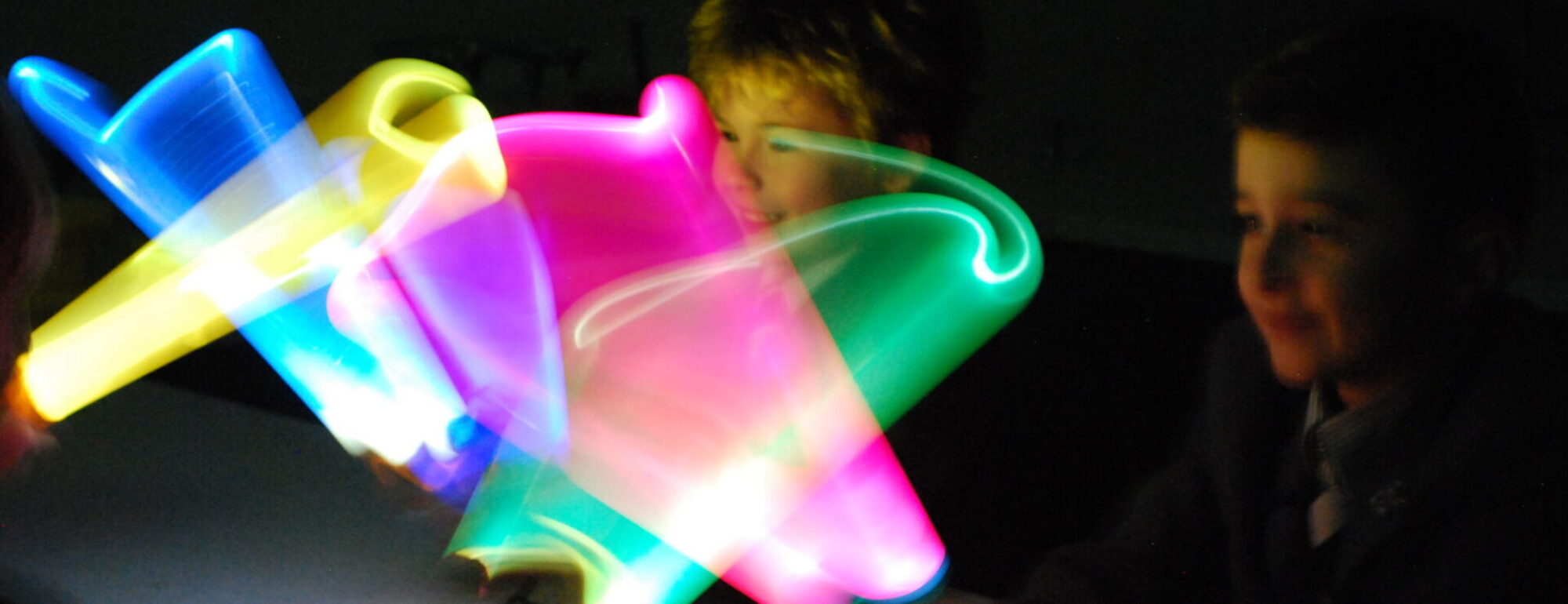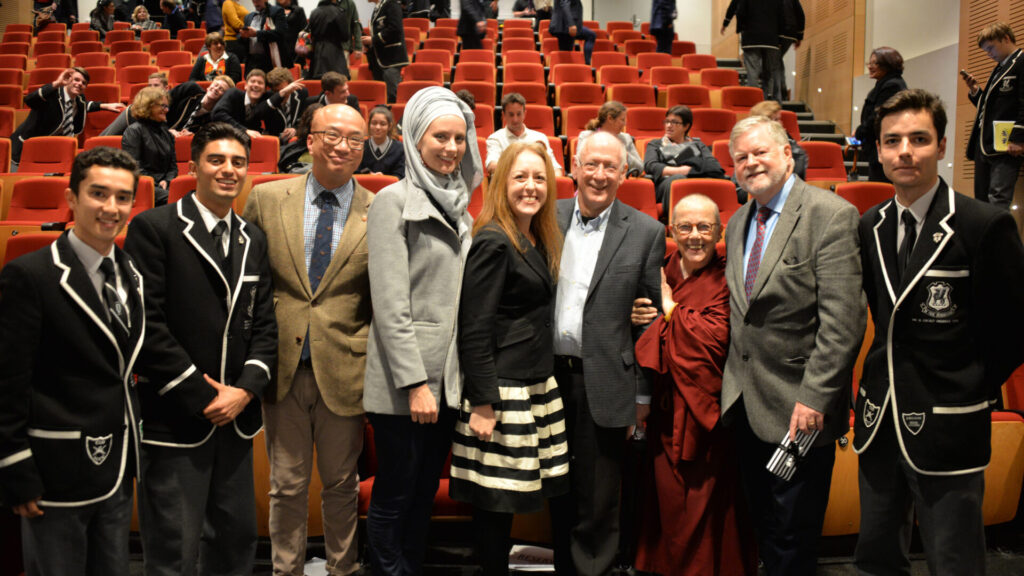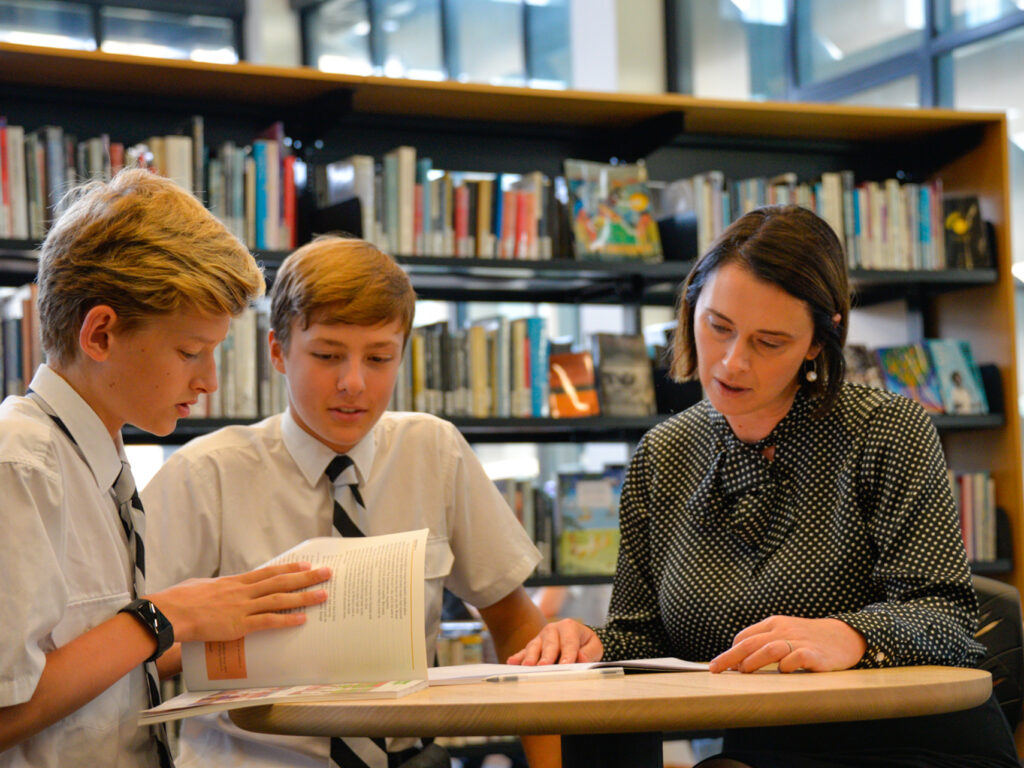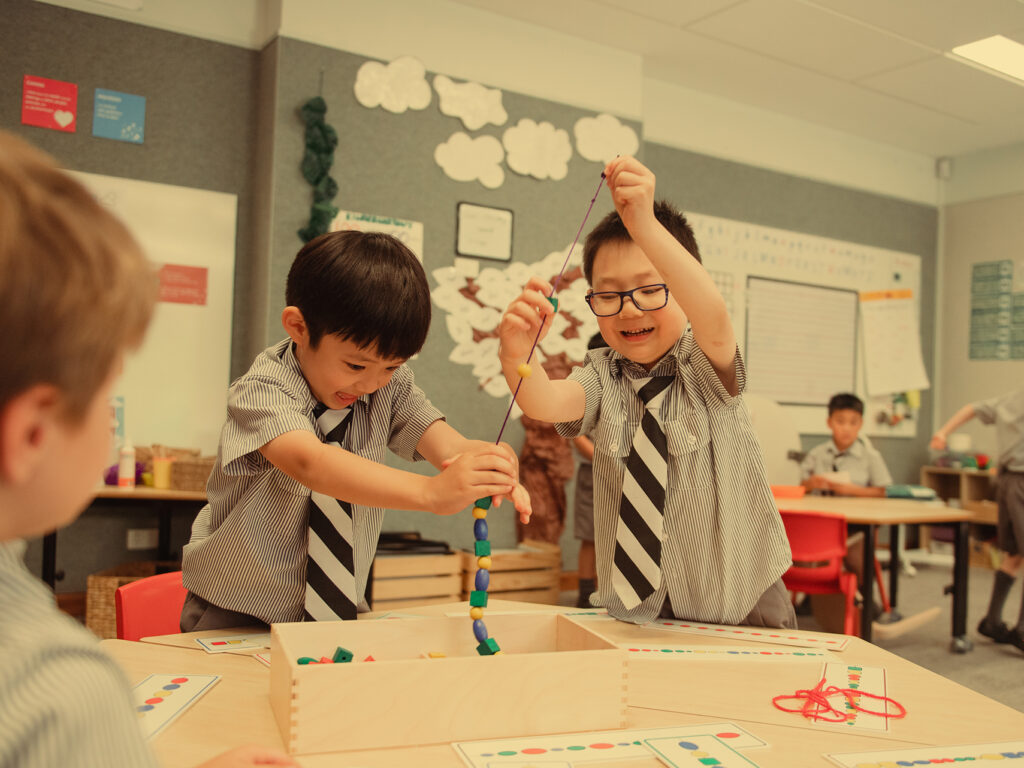Wyvern Preparatory Learning and Teaching
Academic Overview
At Wyvern House, we aim to provide a well-balanced, engaging learning environment with an emphasis on helping each child fulfil their potential. We are preparing our students for life in the 2060s, so we are not trying to replicate an education system reminiscent of the 1990s.
Wyvern learning follows a balance of explicit direct instruction and experiential, inquiry-based learning. Wyvern provides a Primary school education that is holistic, values-based and follows best practice to help students learn how to engage critically and effectively engage with our ever-changing world.
Click the video below to learn more about how we develop the whole child as part of our learning and teaching. From the Head of Preparatory Schools, Mr Benjamin Barrington-Higgs.
Enhancing Learning with Technology
At Newington College we believe that technology plays an integral role in helping students learn. Information Technology is used in all lessons to enhance the learning experience for students. Years K-4 have access at the College to one-on-one iPads in their classroom for engaging with learning applications. Years 5 and 6 are provided with their own Newington owned iPad to use at school and take home.
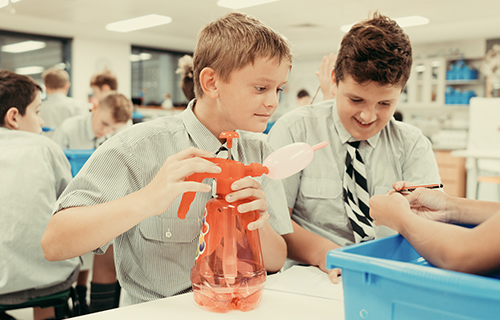
English
At Newington College Wyvern we understand that the study of English allows students to make meaning through language. Through the study of English, students are able to communicate effectively and become critical and creative thinkers. Our programs of teaching and learning develop language skills through explicit teaching of speaking and listening, reading and writing, and viewing and representing.
In Early Stage 1 and Stage 1 we provide students with effective evidence-based literacy instruction, based around five essential components:
- Phonemic awareness
- Phonics
- Fluency
- Vocabulary
- Comprehension
To provide this evidence- based literacy instruction, Early Stage 1 and Stage 1 implements the InitiaLit program.
From Early Stage 1 to Stage 3 the study of a wide range of texts can be seen in our programs. Students read, listen to and view a variety of texts. Often these texts directly link to our Units of Inquiry We refer to the texts being studied as our Mentor Texts. These texts are used to practice the skills and strategies required when reading, interpreting, analysing and evaluating texts and visual images.
Mathematics
At Newington College we understand that mathematics is a creative endeavour which requires fluency, reasoning, mathematical techniques, and effective communication skills to identify, describe and apply patterns to solve complex mathematical problems. We acknowledge and foster the use of technology in advancing our understanding of ideas and exploring concepts in novel ways.
Emphasis is placed on developing the interconnectedness of ideas across the domains of number and algebra, measurement and geometry and statistics and probability. Opportunities to link mathematics to learning in English, science and technology, history and geography are planned for.
The learning of mathematics is approached with passion from both the teachers and the students. It is clearly communicated to students that all individuals can do well and achieve in mathematics and lessons are planned to provide access to all students.
Mathematics lessons are differentiated by the classroom teacher with the assistance of the Inclusive Learning Team. All students participate in mathematics lessons with the use of flexible grouping. Students operating outside their stage are supported with additional intervention/enrichment.
In K-2 student achievement in numeracy is tracked using the Schedule for Early Number, which is administered twice a year.
In Years 2-6 students complete the NWEA Map assessment, an online adaptive assessment tool which provides data on student achievement across all mathematical strands. The assessment is administered 3 times per year.
This data is used to set student goals and to inform planning and reporting to parents.
The Aim of Critical Thinking
The aim of Critical Thinking is to equip students with strategies and processes that enable them to engage critically with the world around them. This ties in with our School Vision to equip students with the skills and dispositions to live a life with a great heart and inspired mind, that is productive, ethical and fulfilled
The goal is for every teacher at Wyvern is to layer critical thinking into all areas of teaching and learning. Teaching Critical Thinking requires explicit intervention in the practice of applying tools for thinking and the skills to identify and unpack abstract concepts including:
- reason giving (justifications)
- making distinctions, suggestions, and inferences
- defining concepts and test definitions
- hypothesising
- examining generalisations
- identifying assumptions
- using examples and counterexamples
- creating and testing criteria
- reflecting.

